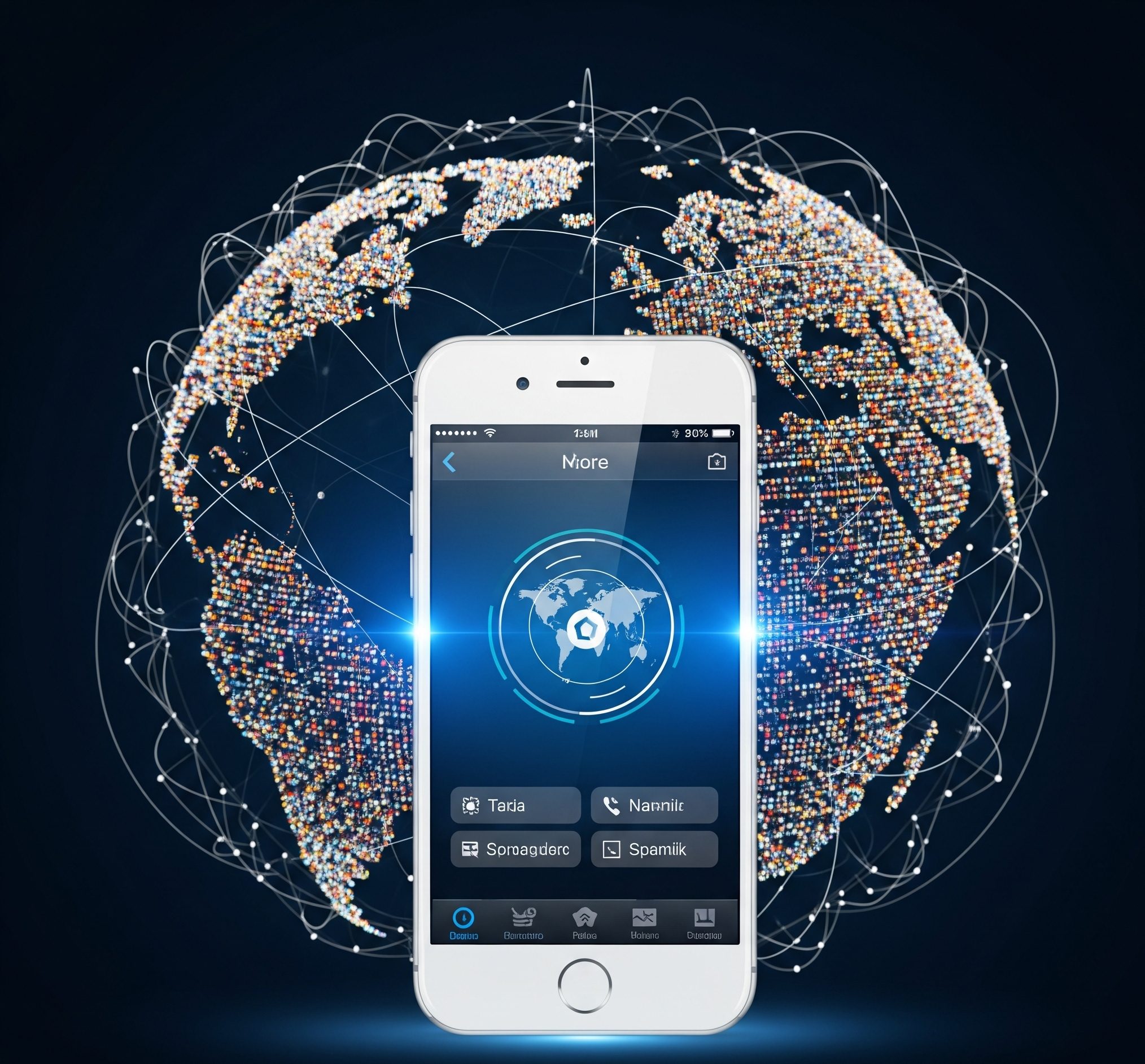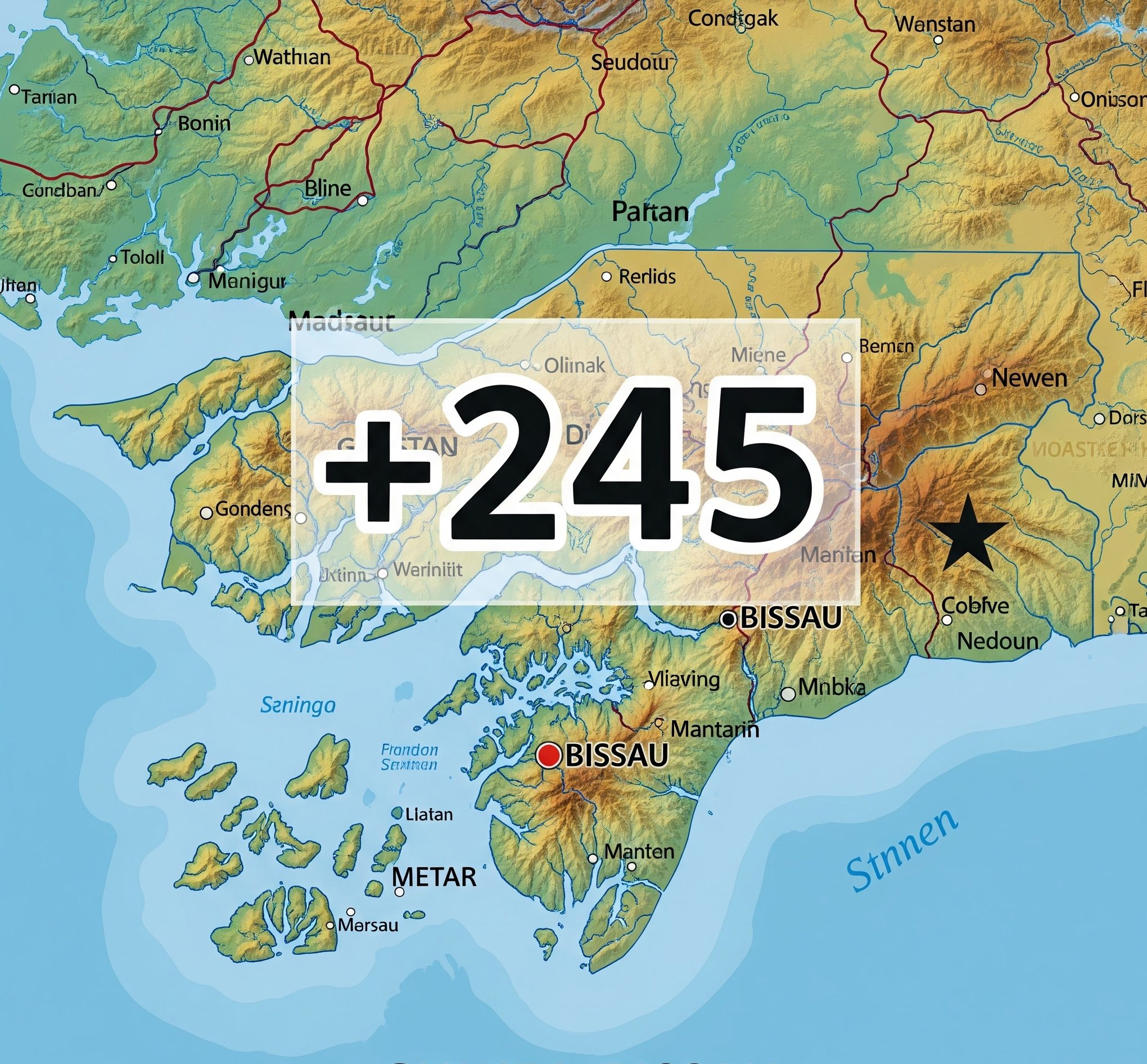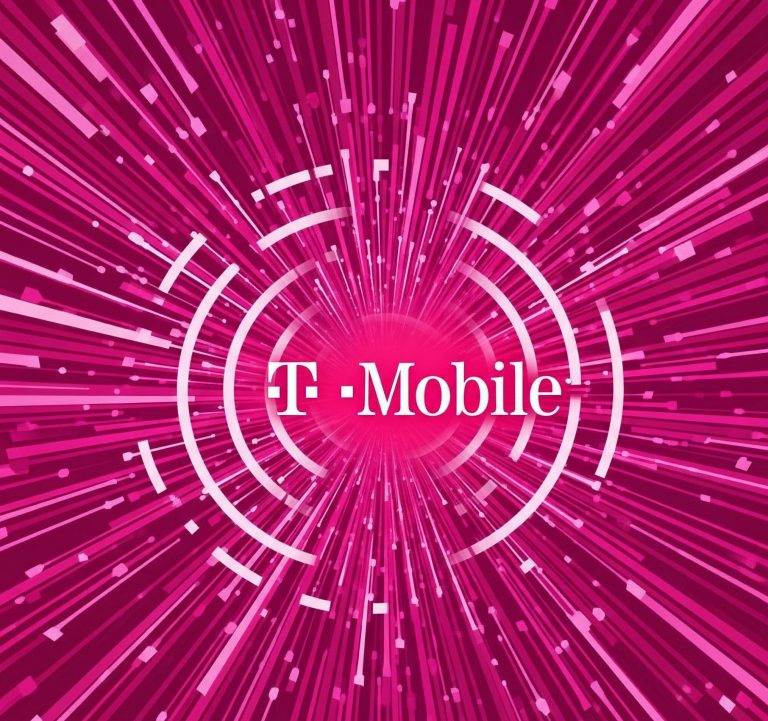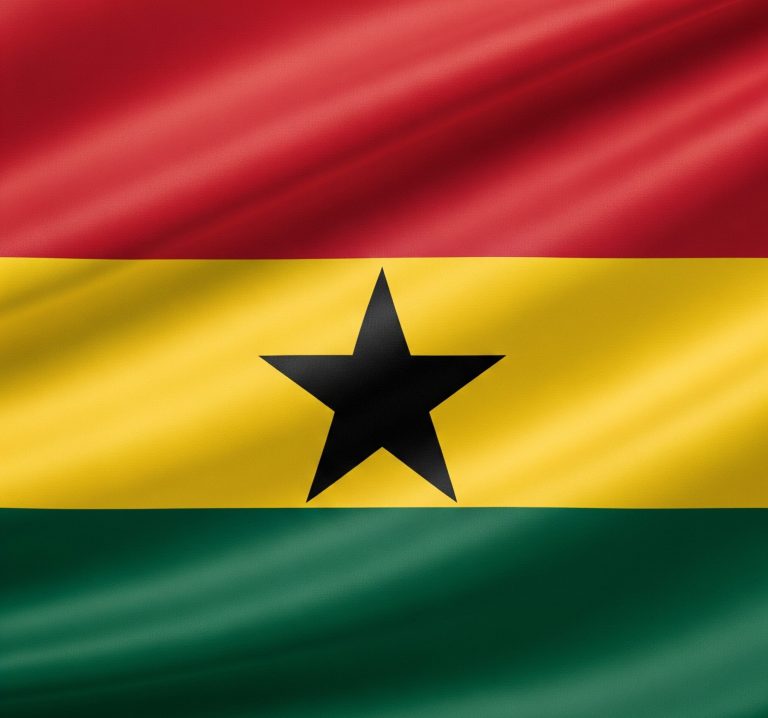In an age of constant connectivity, the sight of an unfamiliar area code on your caller ID can spark a hint of curiosity, or perhaps, a wave of apprehension. While many of us have memorized the area codes of major U.S. cities, a call from a number with the 245 area code might leave you scratching your head. If you’ve been searching for which American city or state this three-digit prefix belongs to, you can stop looking. The 245 area code is not part of the North American Numbering Plan (NANP) that governs the telephone numbering system in the United States, Canada, and parts of the Caribbean. In fact, it’s the country code for the West African nation of Guinea-Bissau.
This article will delve into what the 245 area code is, why an American audience should be aware of it, and how to protect yourself from potential scams associated with international numbers that can sometimes appear deceptively domestic.
Contents
The Geographic Reality: A World Away
Contrary to what one might assume, the 245 area code will not connect you to a bustling American metropolis or a quiet suburban town. Instead, it serves as the gateway to communication with the Republic of Guinea-Bissau, a country located on the Atlantic coast of West Africa. This small nation, bordered by Senegal to the north and Guinea to the south and east, is known for its national parks and diverse wildlife. Its official language is Portuguese, a legacy of its colonial history.
Understanding that the 245 area code originates from outside the United States is the first and most crucial step in handling any unsolicited calls from numbers bearing this prefix.
The Rise of International Phone Scams
In recent years, there has been a significant increase in fraudulent activities perpetrated through international phone calls. Scammers often use foreign area codes, like the 245 area code, to target unsuspecting individuals in the United States. The reasons for this are multifaceted, but a primary driver is the ability to exploit differences in international toll charge systems.
The “One-Ring” Scam: A Common Tactic
One of the most prevalent scams associated with international numbers, including those with the 245 area code, is the “one-ring” or “wangiri” scam. The method is simple yet insidiously effective. Scammers, using auto-dialers, will call a large volume of phone numbers and let the phone ring just once before hanging up.
The intention is not for you to answer the call, but rather to pique your curiosity. Many people, upon seeing a missed call, will instinctively call the number back. This is where the scam takes effect. By returning the call, you are unknowingly connecting to an international premium-rate number, similar to a 1-900 number in the U.S. The longer you stay on the line, the more money the scammer, who owns the premium-rate number, makes from the inflated international connection and per-minute fees.
Other Deceptive Practices
Beyond the one-ring scam, unsolicited calls from the 245 area code and other international numbers can be a gateway to various other fraudulent schemes. These can include:
- Voicemail Scams: Scammers may leave a deceptive voicemail message urging you to call back regarding a supposed emergency, a prize you have won, or a problem with an account. The goal, once again, is to have you dial an international premium-rate number.
- Phishing Attempts: In some instances, if you do answer a call from a 245 area code, the person on the other end may pose as a representative from a legitimate company, such as your bank or a tech support service. They will then attempt to trick you into revealing personal and financial information, such as credit card numbers, passwords, or your Social Security number.
- Malware and Spyware: While less common via a direct phone call, interacting with links sent via text message from such numbers can lead to the installation of malware or spyware on your device.

Protecting Yourself: A Guide for the Vigilant Consumer
The key to avoiding these scams is vigilance and a healthy dose of skepticism. Here are some practical steps you can take to protect yourself from fraudulent calls originating from the 245 area code and other unfamiliar international numbers:
Do Not Return Unsolicited Calls
This is the golden rule. If you receive a missed call from a number with an area code you do not recognize, especially if it only rang once, resist the urge to call back. If the call is legitimate, the person will likely leave a voicemail or try to contact you through other means.
Block and Report Suspicious Numbers
Modern smartphones and many landline services offer the ability to block specific phone numbers. If you receive a suspicious call from the 245 area code, immediately block the number to prevent future contact. You can also report the number to the Federal Communications Commission (FCC) and the Federal Trade Commission (FTC), which track and investigate such scams.
Be Wary of Unexpected Urgency
Scammers often create a false sense of urgency to pressure you into acting without thinking. Be suspicious of any call or message that demands immediate action, especially if it involves financial transactions or the disclosure of personal information.
Educate Yourself and Others
Awareness is a powerful tool. By understanding that area codes like the 245 area code are not domestic and are often used in scams, you are less likely to fall victim. Share this information with friends and family, particularly those who may be more vulnerable to such tactics.
conclusion
while the 245 area code may be an unfamiliar sight on your phone, a little knowledge can go a long way in ensuring your financial and personal security. By recognizing it as the country code for Guinea-Bissau and being aware of the common scams associated with such international numbers, you can confidently and safely navigate the complexities of our interconnected world. Remember, when in doubt, don’t call back.







